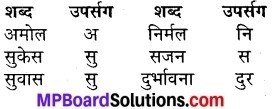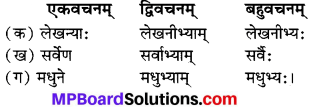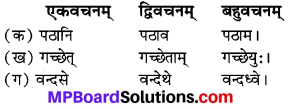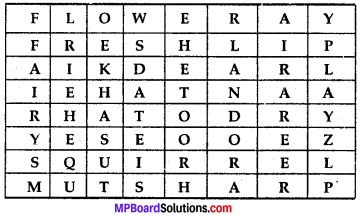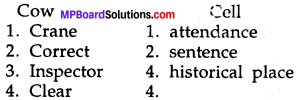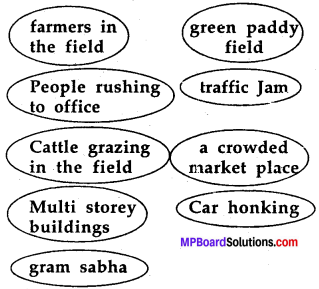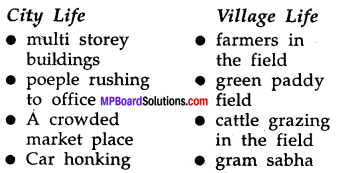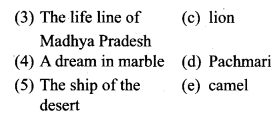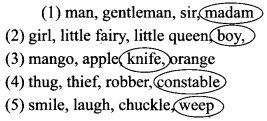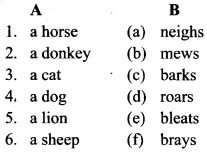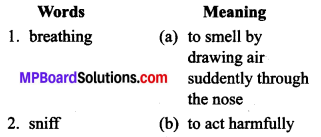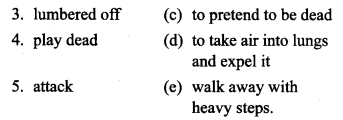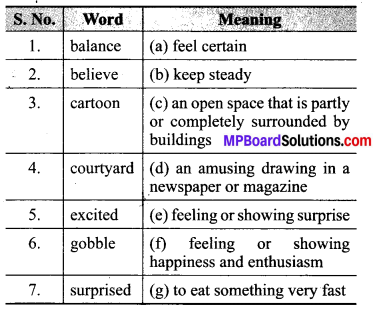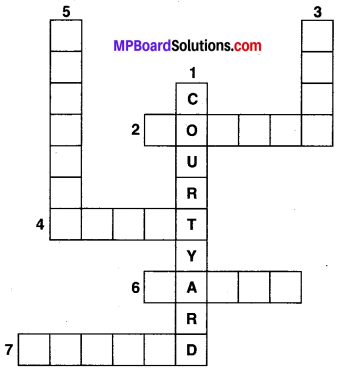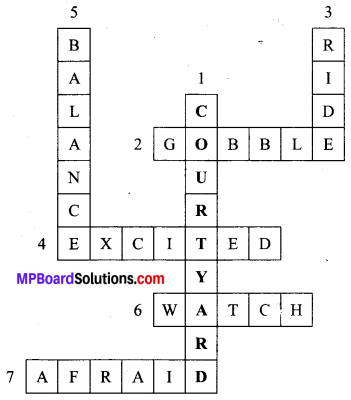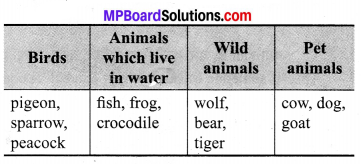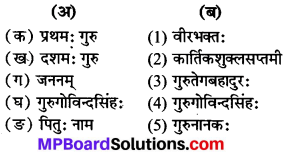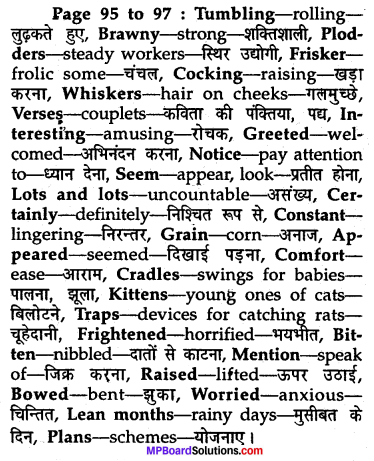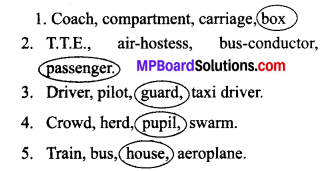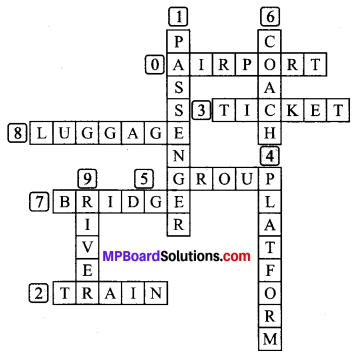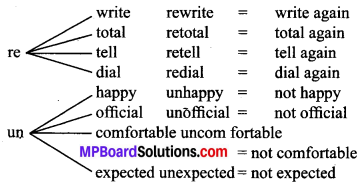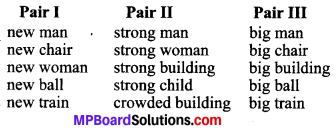MP Board Class 7th Social Science Solutions Chapter 13 The Foundation of the Mughal Empire and its Rise
MP Board Class 7th Social Science Chapter 13 Text Book Questions
Choose the correct alternatives from the following
Mp Board Class 7th Social Science Chapter 13 Question 1.
The first battle of Panipat was fought between:
(a) Akbar and Shershah
(b) Babar and Ibrahim Lodi
(c) Humayun and Shershah
(d) Bairam Kham and Hemu
Answer:
(b) Babar and Ibrahim Lodi
Class 7 Social Science Chapter 13 Question Answer Question 2.
The founder of Mughal dynasty was:
(a) Humayun
(b) Akbar
(c) Shershah
(d) Babar
Answer:
(d) Babar
Class 7 Social Science Chapter 13 Question 3.
The battle of Khanua took palce in:
(a) 1526 AD
(b) 1556 AD
(c) 1527 AD
(d) 1529 AD
Answer:
(c) 1527 AD
Fill in the blanks:
- The autobiography of Babar is known as …………
- The second battle of Panipat was fought in …………..
- ……………. was made the guardian of Akbar.
- Shershah’s real name was ……………
- The battle of Ghagra was foughtbetween Babar and …………..
Answer:
- Tuzuk-i-Babri
- 1556 AD
- Bairam Khan
- Farid Khan
- Afghans
MP Board Class 7th Social Science Chapter 13 Short Answer Type Questions
Mp Board Class 7 Social Science Solution Question 1.
Name the road, which was repaired by Shershah.
Answer:
Grand Trunk Road.
Mp Board Class 7th Social Science Solution Question 2.
When and where was a son born to Humayun?
Answer:
A son (Akbar) was bom to Humayun on 23rd November 1542 at die palace of the king of Amarkot, Veerpal.
Social Science Class 7 Mp Board English Medium Question 3.
When and between whom was the battle of Haldighati fought?
Answer:
The battle of Haldighati was fought between Rajput king Maharana pratap and the Mughal army in 1576 AD.
Mp Board Solution Class 7 Social Science Question 4.
What were the main sources of income during Akbar’s regime?
Answer:
During Akbar’s regime there were two main sources of income of the state. One was revenue from land and the other was taxes on trade.
Social Science Class 7 Mp Board Question 5.
Write down the names of the nine gems of Akbar’s court.
Answer:
The names of the nine gems of Akbar’s court:
- Abulfazal
- Raja Mansingh
- Raja Todannal
- Tansen
- Birbal
- Hakim Hokum
- Abdurrahim Khan-Khana
- Fajzi
- Mulla-do-Pyaja
MP Board Class 7th Social Science Chapter 13 Long Answer Type Questions
7th Class Social 13th Lesson Question 1.
Describe the administrative system of Shershah.
Answer:
Shershah was an officient administrator. The interest of the people ranked above everything. He started many reforms in military administration, land revenue etc that was followed by Akbar. Shershah divided his empire into Sarkars, which were again subdivided into parganas.
Officer in charge of sarkars and panganas were periodically transferred. He enforced equal law for justice and introduced a reformed system of currency. The silver coin known as the Rupee which lasted throughout the Mughal period and was maintained by the East India company down to 1835 AD.
Mp Board Sst Solution Class 7 Question 2.
Describe the buildings made by Akbar.
Answer:
Akbar was the first ruler who had time and means to undertake the construction work on a large Scale. He built the forts of Allahabad, Agra and Lahore. He built the city of Fatehpur Sikri near Agra. He built many beautiful buildings among which Diwan – i – Aaam, Dewan – i – Khas, Panchmahal, Jaodhabi palace, Palace of Birbal, Jama Masjid, the Dargah of Sheikh Salim chisti and the Buland Darwaza are very prominent
Social Science Class 7th Mp Board Question 3.
Explain in detail the Rajput of Akbar.
Answer:
Akbar realized well that for ruling India he should have support and co-operation of both the Hindus and the Muslims. So he embarked on a definite policy towards the Rajputs. Akbar’s Rajput Policy:
- Akbar entered into matrimonial relation with a number of other Rajput kingdom.
- Akbar appointed Rajputs on high position.
- Akbar’s attitude towards his subordinate rulers and officers was liberal and he never hurt the religious sentiments of the Rajputs.
- He gave all respect to the Hindu kings in his court.
